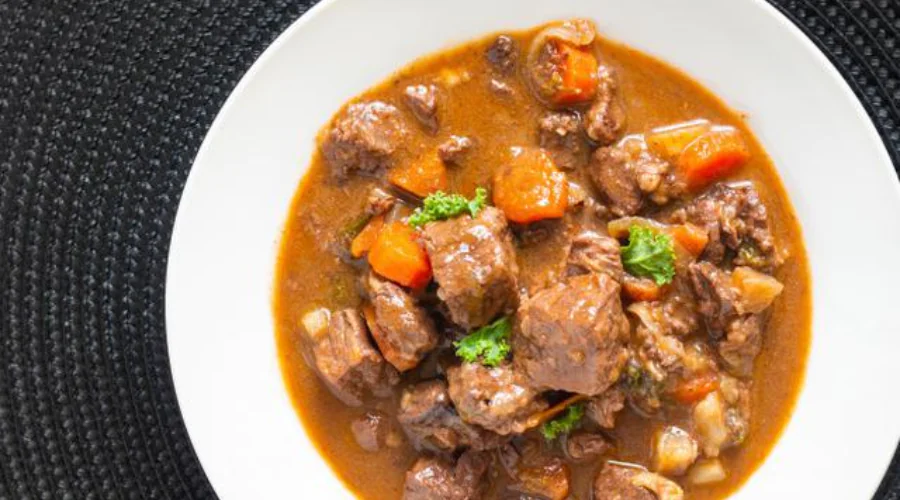
- 01 Jul
- 2023
Ilustrasi gambar (Pixabay)
UM Surabaya Lecturer Shares Tips for Lowering Fat After Eating Meat
Cholesterol is a nutrient needed by the body and is a source of energy for the body. But what if we consume excessive cholesterol levels, this can cause problems for the body, such as hypertension and the risk of heart disease.
Beef and mutton are food sources that contribute a lot of cholesterol. Especially now that the Muslim community is celebrating Eid al-Adha and slaughtering sacrificial animals, therefore it is necessary to pay special attention to those who have a history of hypertension and heart disease, so as not to over-consume meat.
Firman Lecturer at the Faculty of Health Sciences (FIK) UM Surabaya explained, when the total cholesterol level in the blood is high > 200 mg/dl, it will settle in the blood vessels over time, causing narrowing of the blood vessels.
"As a result, blood flow throughout the body will be hampered, so that the heart will work harder so that blood can flow properly, this is where hypertension starts and causes heart disease," said Firman Saturday (1/7/23)
For this reason, in order to keep the body healthy, here are some ways that need to be done in order to reduce cholesterol levels after consuming meat and other foods that contain lots of cholesterol.
First, do regular exercise 3-5 times a week. Recommended sport or physical activity is a training program that includes at least 30 minutes of physical activity with moderate intensity, this can reduce calories by 4-7 kcal/minute.
Recommended sports activities such as brisk walking, or running, cycling, swimming or other activities according to the abilities and conditions of each individual. But on the other hand, it is not recommended to do excessively strenuous activities, because it can actually cause heart failure.
Both consumption of high fiber foods. High-fiber foods can lower cholesterol, including whole grains, whole wheat bread, legumes, dark green leafy vegetables and soybeans which contain isoflavones and phytoestrogens, which are beneficial for preventing cholesterol absorption.
The three spices or seasonings. Don't underestimate the herbs that are often used for cooking. Kitchen spices such as turmeric, red cayenne pepper, lemongrass and ginger not only give food a delicious taste, but many studies have proven effective in lowering cholesterol levels.
Fourth, when consuming beef, at the same time consume foods that are unsaturated fats or good cholesterol, such as salmon, tuna, chia seeds, avocados, almonds, walnuts, and olive oil. Unsaturated fats effectively help lower bad cholesterol.
“Finally, if you are known to have dyslipidemia or high levels of cholesterol in the blood. Apart from being able to apply some of the methods above, if cholesterol levels do not go down, statin drug therapy is usually recommended, (simvastatin, lovastatin, atorvastatin, rosuvastatin and so on), "concluded Firman.










(0) Comments